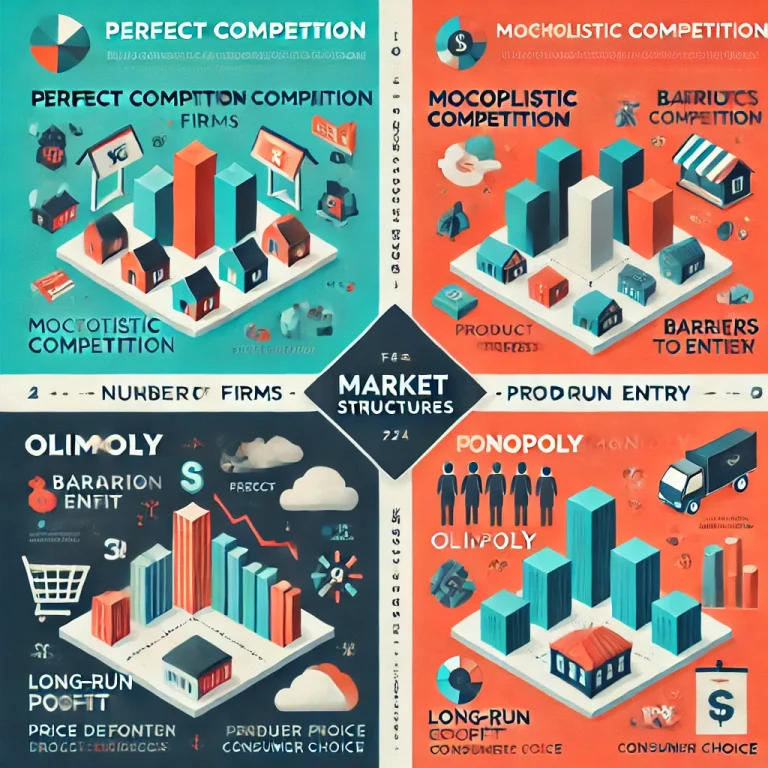The Tightrope of Competition: How Few Companies Shape Markets and Your Choices
When only a handful of companies dominate a market, the rules of competition change dramatically. From pricing strategies to production decisions, these firms engage in a complex dance of interdependence, impacting everything from the cost of your groceries to the latest tech innovations. This article explores the fascinating world of oligopoly models, revealing how companies…
